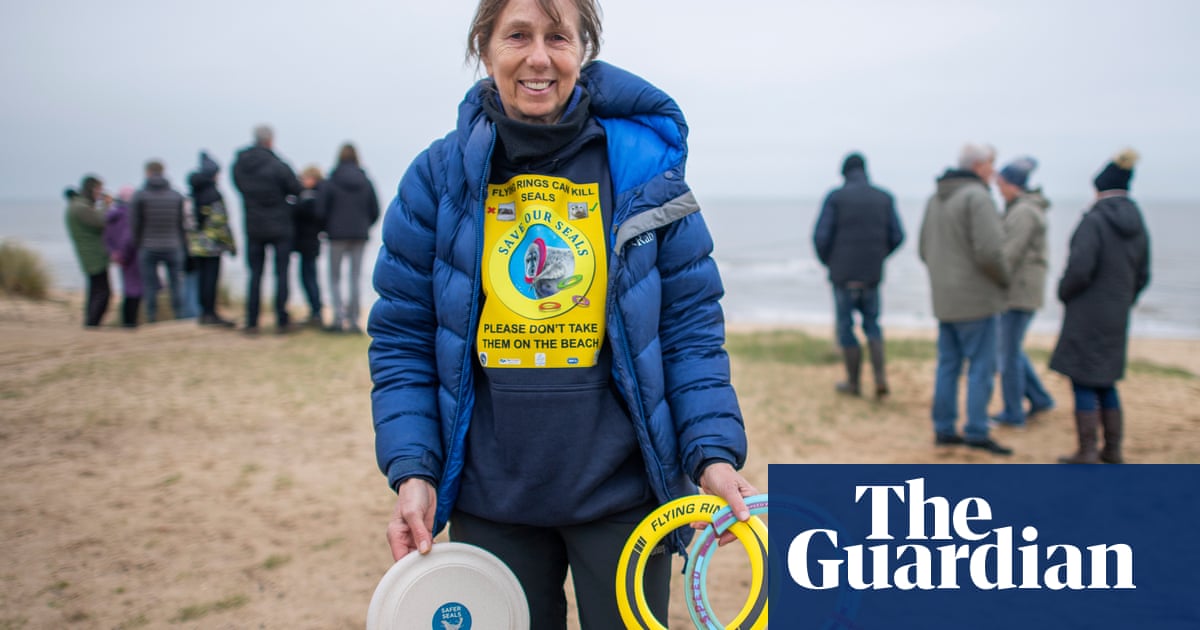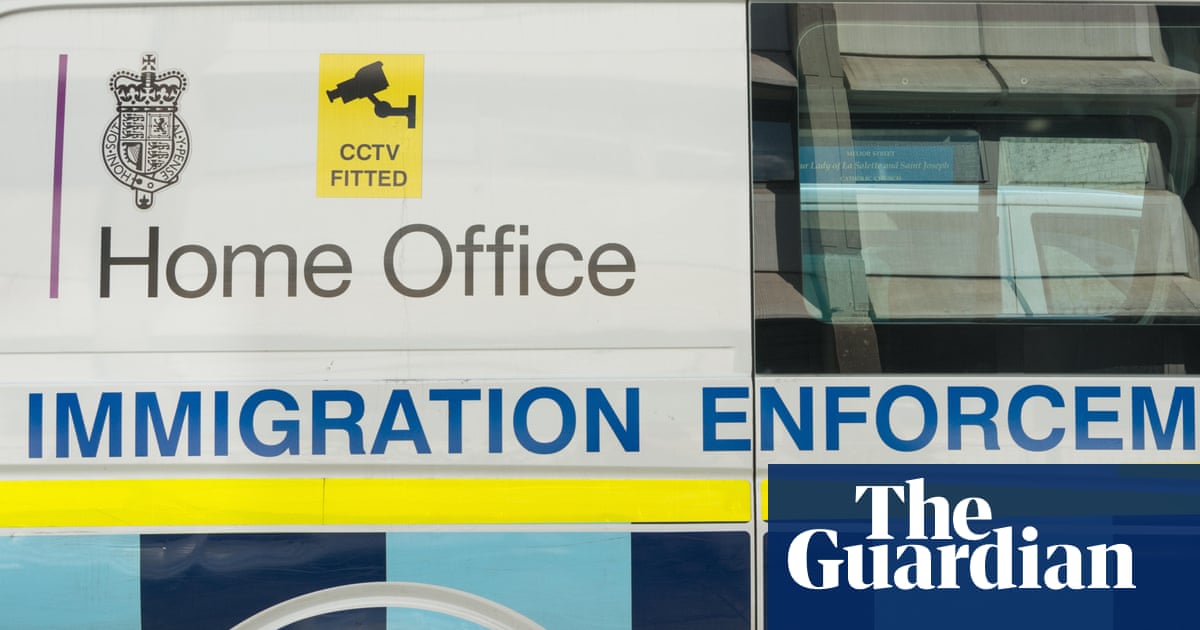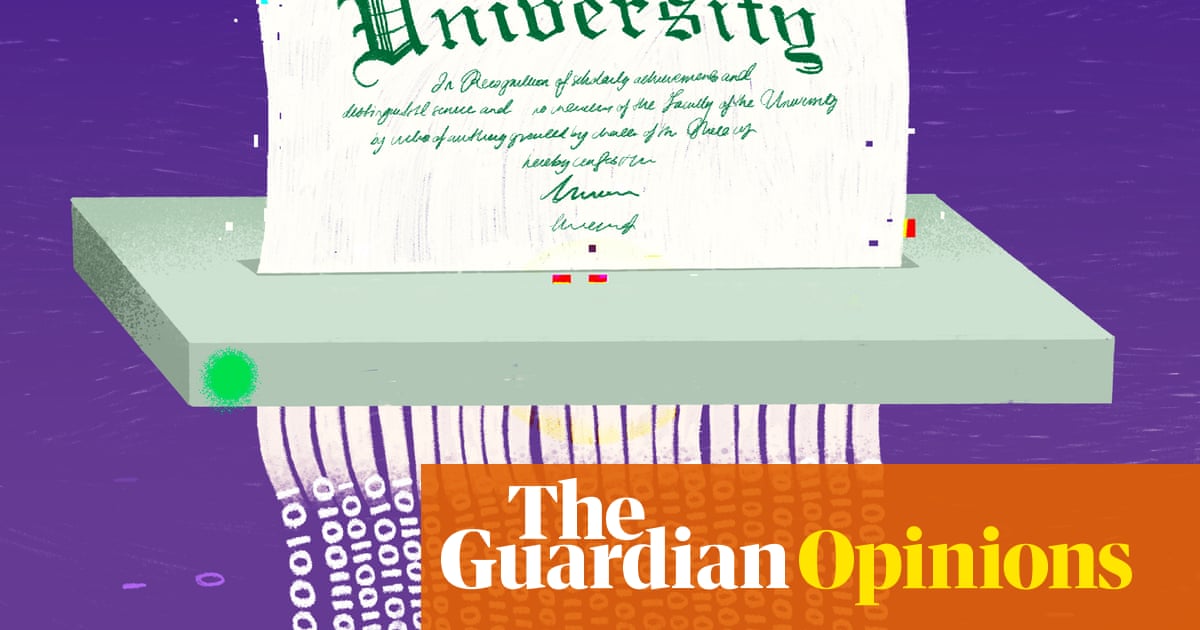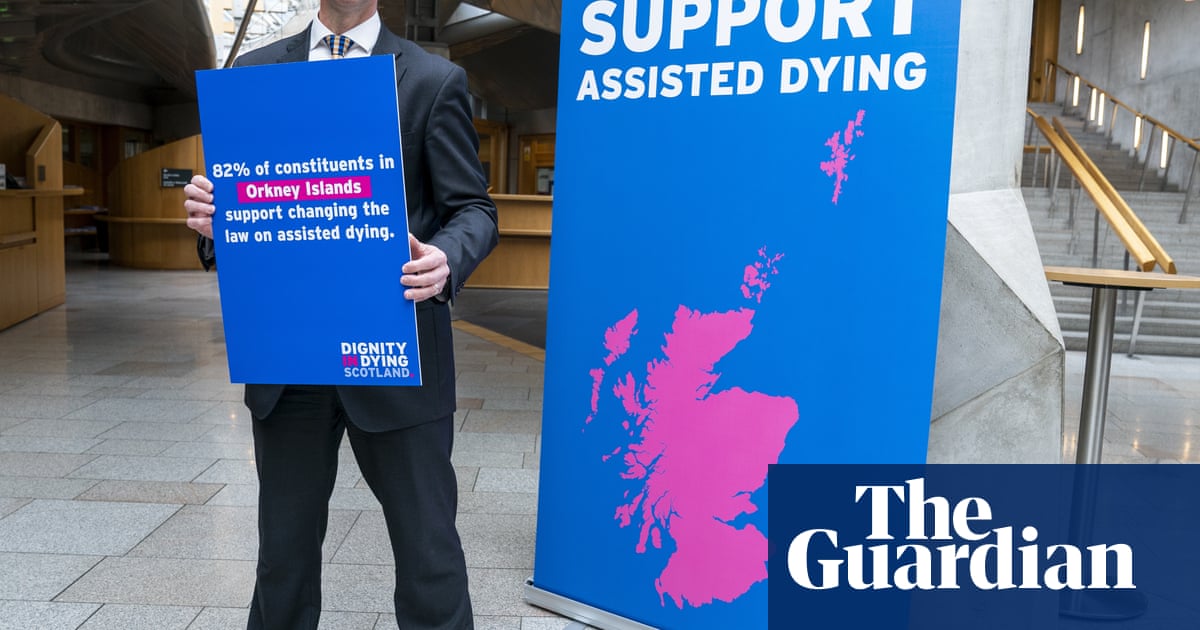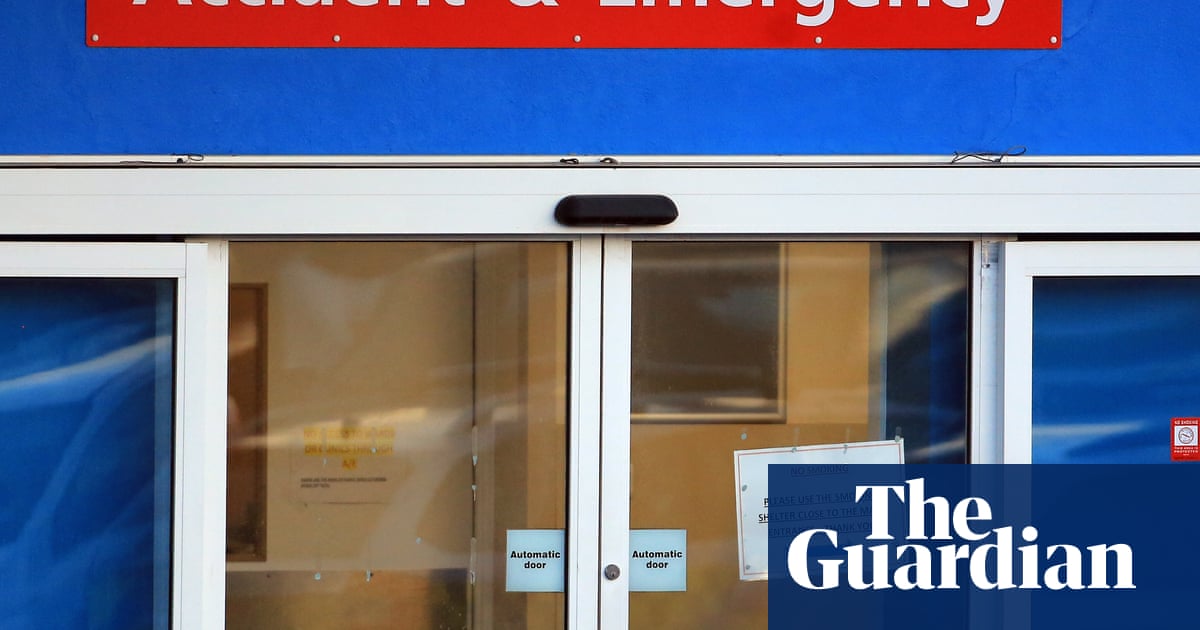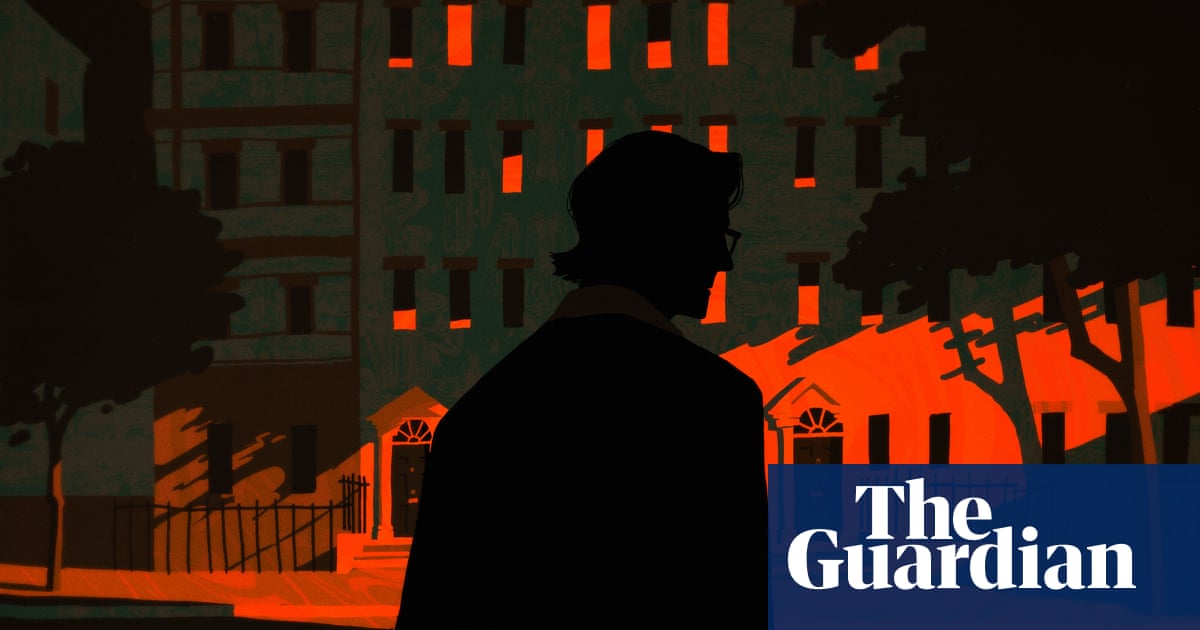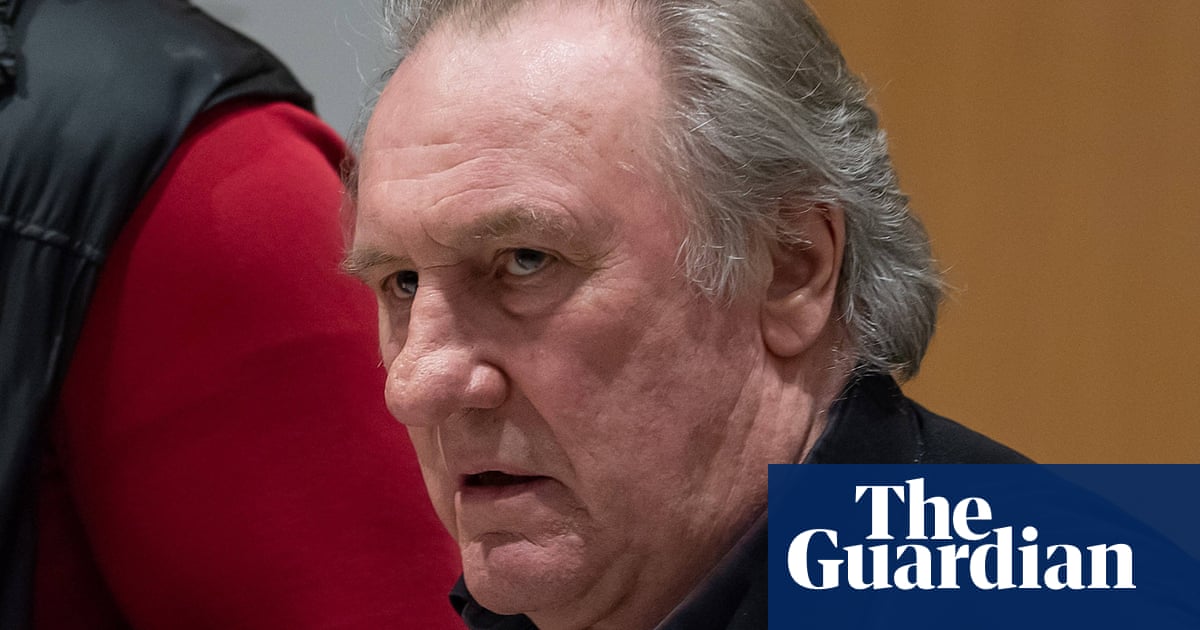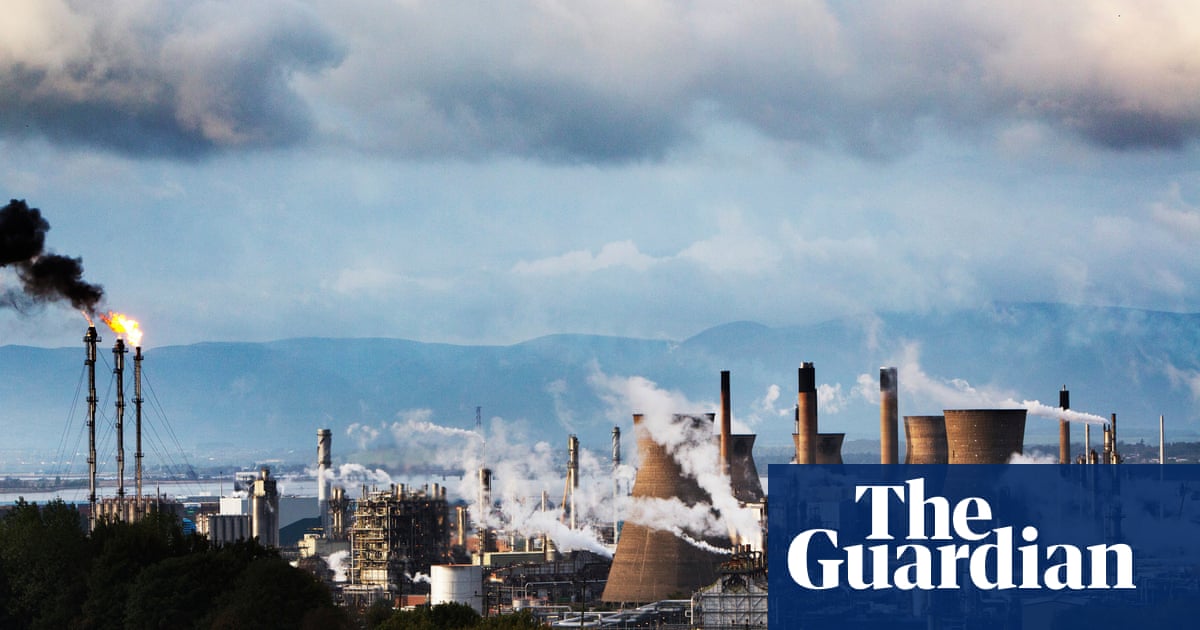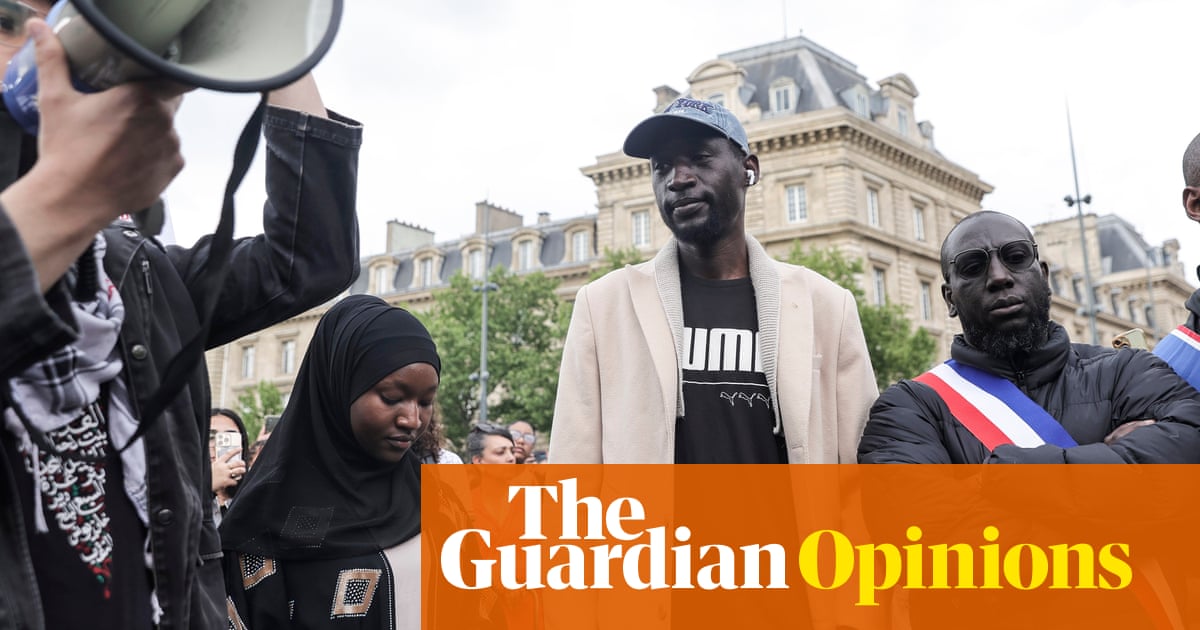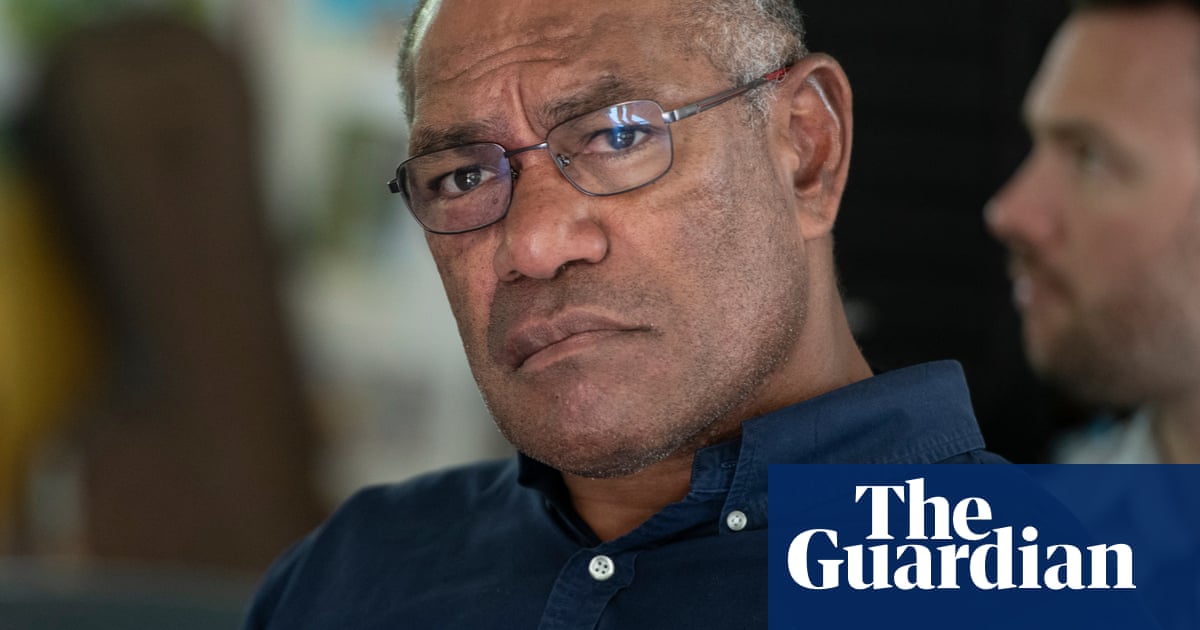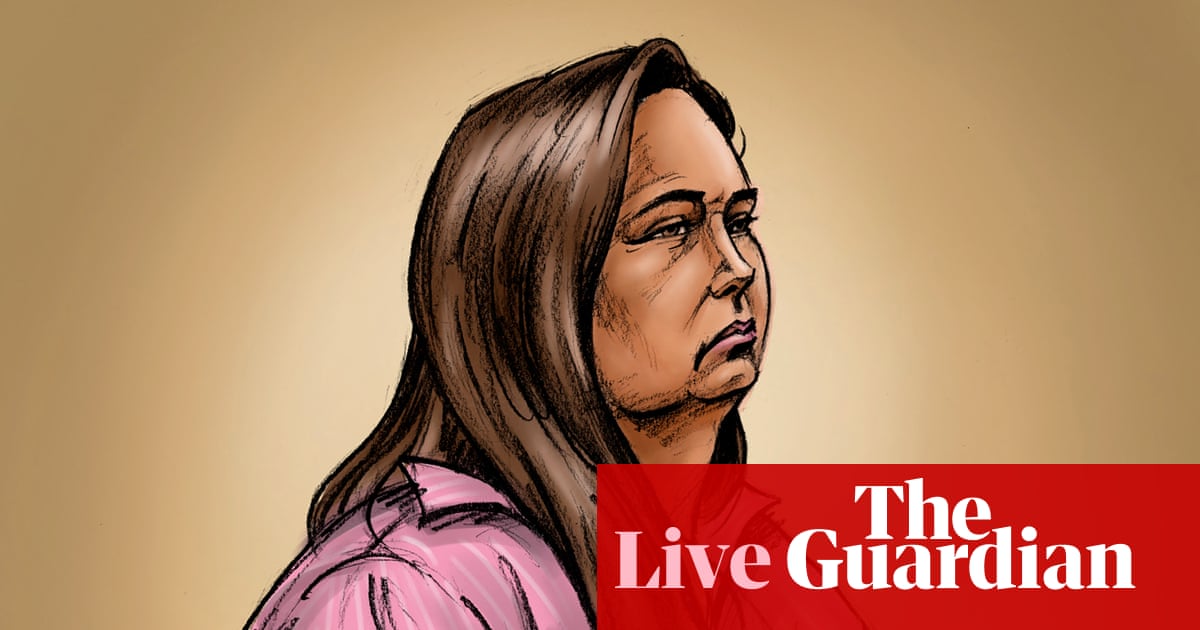In one of Donald Trump’s many day one executive orders and proclamations, he cited not just safety and national security as a reason to crack down on immigration – but also public health.
It’s not the first time the president has used public health to block immigration. In the early days of the Covid pandemic, his administration used a dormant wartime law from 1944, known as Title 42, to invoke public health restrictions to turn back migrants at the US-Mexico border. It expired in 2023, during the Biden administration, but experts believe it could be revived as Trump’s advisers have reportedly spent months trying to find a disease that would help them be able to close the border.
Weaponizing fears of disease against immigrants has a long history in the US. To better understand it, the Guardian spoke with Columbia University historian Merlin Chowkwanyun, who studies the history of community health and racial inequality, about how public health could be employed again to help shut down the border, the looming threat of bird flu and how it could be used against immigrant communities. The interview has been lightly edited for clarity and length.
In one of President Trump’s recent proclamations, he cites public health as one reason for cracking down on immigration. How could this play out during his second administration?
Title 42 was something he kind of took off the shelf during his last term. Stephen Miller is very good at going through old rules and regulations and taking them out of the particular context they were created for and using them. So he found this thing that could be weaponized. We know during Covid there was a lot of anti-immigrant, nativist rhetoric, particularly against the Chinese and Asians more broadly, coming from the White House like the use of “China virus”. The rhetoric of the migrant crisis in a lot of big cities has really ramped up in the past few years and because of this administration’s general hardline approach to immigration and threats of [Immigration and Customs Enforcement] raids, I worry again that if he can find a disease and a scapegoat it could be really nasty.
Using fears of disease or “invasion” against immigrants has a long tradition in the US. What impact does this have on the communities that are scapegoated by politicians and other leaders?
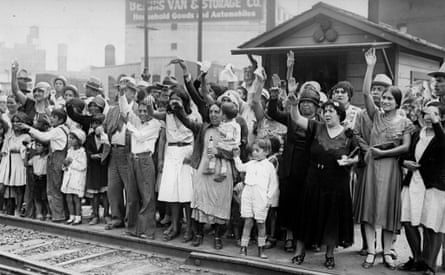
Disease has been used as a rationale for all kinds of repressive things and it tends to be immigrants and African Americans who get the short end. In Jim Crow Baltimore, tuberculosis outbreaks were used to justify segregation ordinances in the most extreme cases. In San Francisco’s Chinatown in the early 1900s, infectious disease was used to justify incredibly harsh inspections. Most Chinese immigrants came through Angel Island and they were poked and punctured during inspections. In the US, repatriation, where the government would coerce people to be put on buses and be sent back to Mexico, was like a soft form of deportation and one of the rationales for that was disease. Foreign policy decisions and top level public health decisions, especially when there’s a specter of foreign menace, tends to have a boomerang effect on the population within. Covid was one example of that.
Public health experts have said we aren’t doing enough to counter bird flu and other threats. The Trump administration has already pulled the US out of the World Health Organization and the future of the White House’s office of pandemic preparedness and response policy is uncertain. How does that make you feel?
I’m extremely alarmed. The Biden administration was kind of baffling to me in terms of public utterances about the pandemic, like when Biden went on TV and said the pandemic was over. There’s been minimal investment in next-generation vaccines and the modeled behavior of mask-wearing in crowded places is pretty much gone. You already have that from a president who at least accepted the basic scientific consensus about disease and how it spreads, so now to have President Trump, who in some ways rejects the scientific consensus, is pretty alarming.
I’m very worried about avian flu, which has been around as a threat for 20 years. This is the closest we’ve gotten to human-to-human spread. If that were to happen, based on his record during his first term and Covid, I’d be very worried about the seriousness with which he takes it. Neither administration has done a great job of keeping infectious disease and pandemics at the forefront of public attention, so I think there’s a general fatigue on the part of the public to accept things like restrictions.
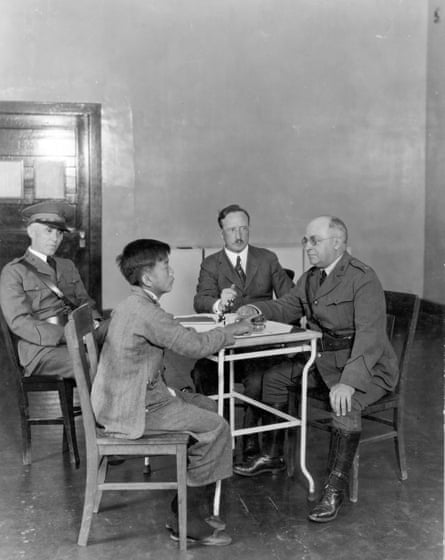
If Robert F Kennedy Jr, a vaccine skeptic who has a history of spreading false medical theories, is confirmed as health secretary, what implications could that have for public health?
There’s a declining faith in vaccination. If you look at the booster rates or annual shot uptake for Covid vaccine, it’s incredibly low, like 20-25%. And that’s with a president who believed in vaccines and was very good about promoting them and continuing government subsidies for those who couldn’t afford them. I really worry that someone who is the American face of the anti-vaccine movement could really undermine vaccination efforts in general in a spillover effect.
How could these looming threats of bird flu and vaccine skepticism play into the hands of Trump’s anti-immigrant stance, especially when it comes to people working on farms or in agriculture?
I could see somebody whose statements and utterances about viruses, which are not always anchored in the best evidence, resorting to innuendo and unproven assertions that lead back to some kind of narrative about avian flu originating from someplace that’s not the United States. Given the makeup of who seems to be most likely to get avian flu, it’s people who have direct contact with poultry on farms. A lot of those people are very likely undocumented workers or immigrants. If a high proportion of some of the early cases are non-white immigrants of any kind, I could easily see that as an opening to do the sort of scapegoating that occurred with Covid and has also occurred with other infectious diseases in history.

 3 months ago
66
3 months ago
66


